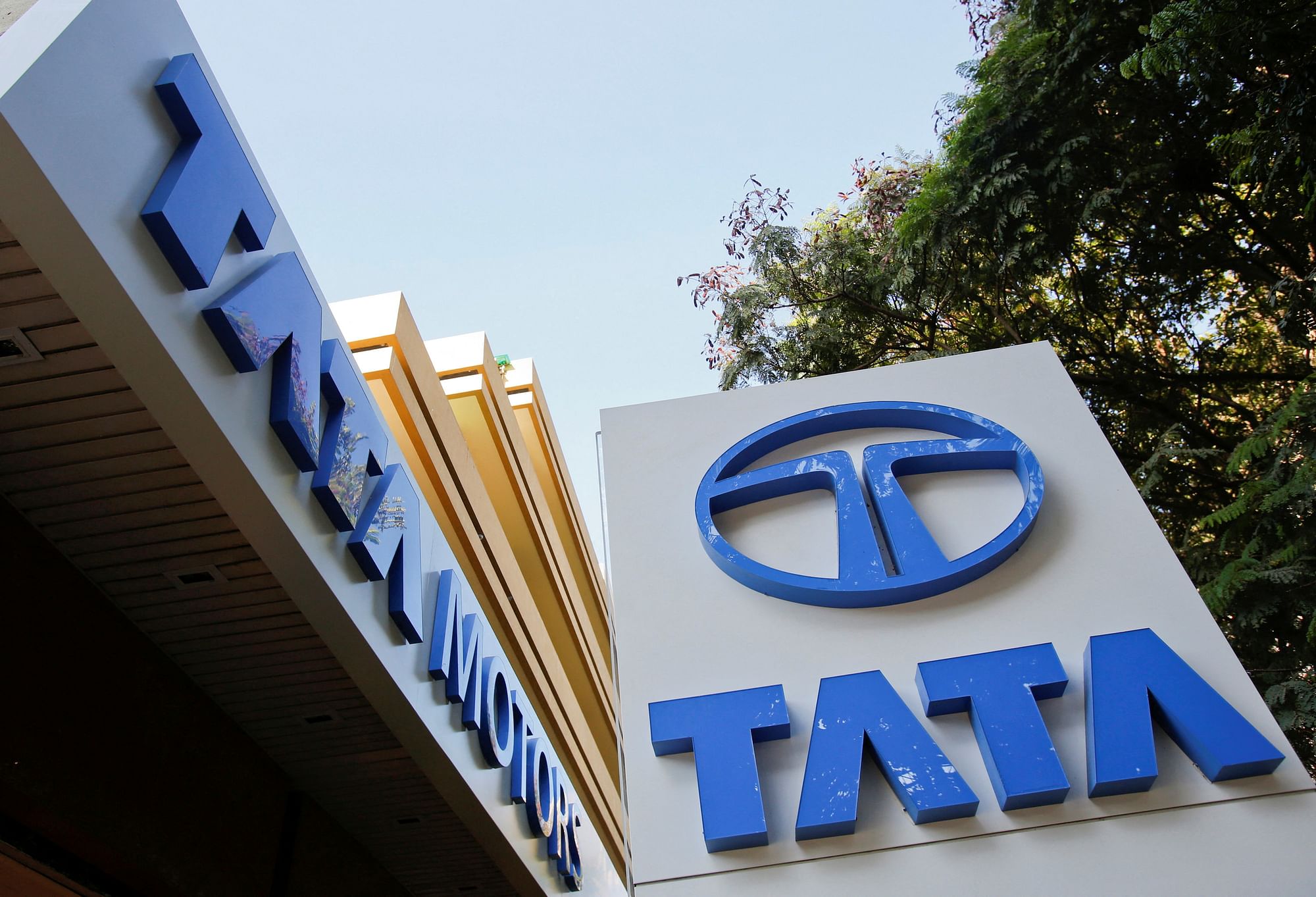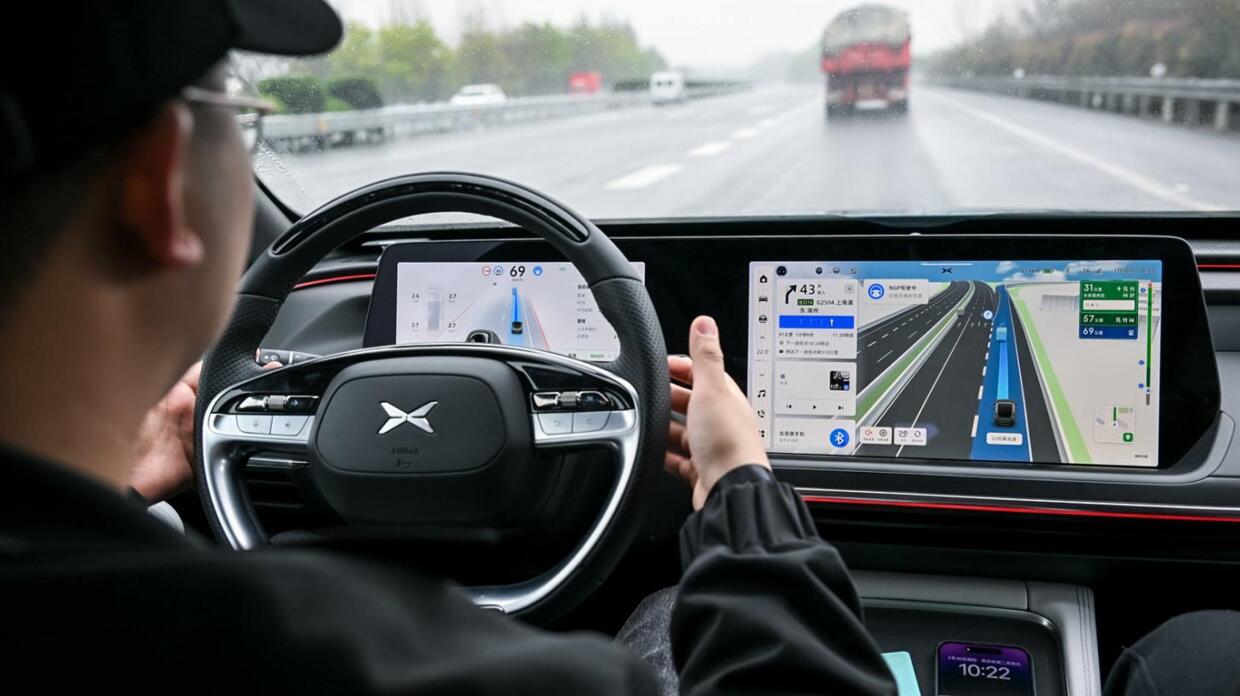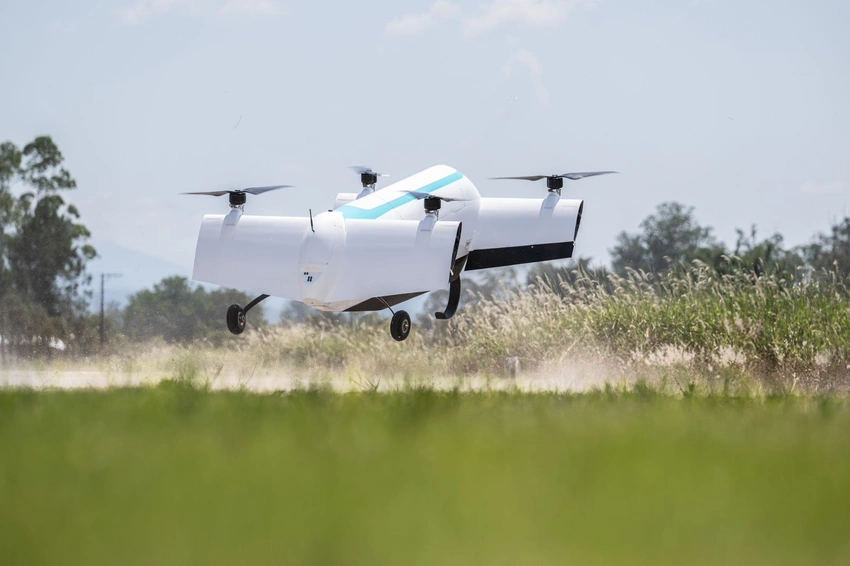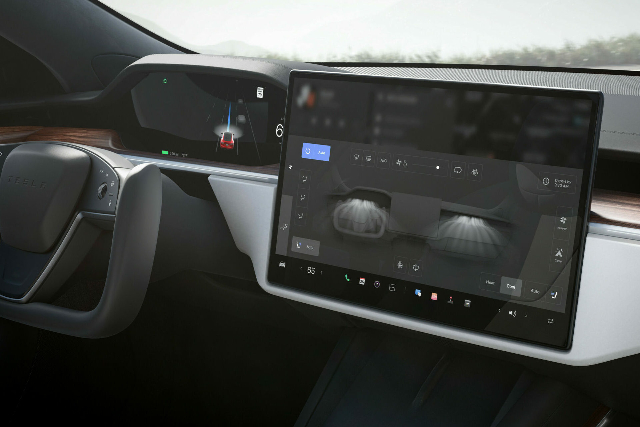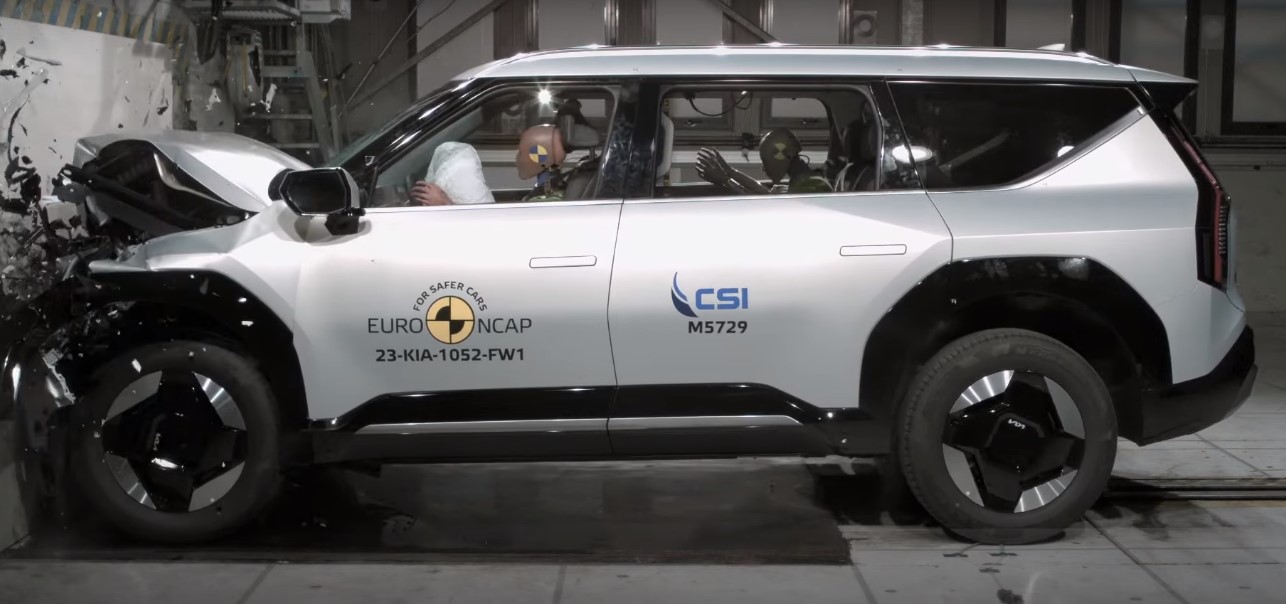Tata Motors is reportedly advocating against the reduction of import taxes on electric vehicles (EVs) in India, aiming to protect domestic industry interests and investor confidence. The move comes as the Indian government reviews Tesla’s proposal to establish a manufacturing presence in the country, coupled with its request for lower import duties on EVs.
While India is contemplating a new policy to slash import taxes on EVs, potentially as low as 15% for companies committed to local manufacturing, Tesla’s proposal involves establishing a factory in India while importing its higher-end models with reduced taxes. Tata Motors has raised concerns in discussions with Prime Minister Narendra Modi’s office, asserting that its investors made decisions based on the assumption that the tax regime favoring local players would remain unchanged.
Tata Motors argues that the nascent Indian EV industry requires increased government support during its early growth stage. The company contends that lower duties could negatively impact the entire domestic industry and create an unfavorable investment climate. Tata, a major player in the Indian automotive sector, initiated its EV business in 2019 and attracted a $1 billion investment in 2021, valuing its EV business at around $9 billion.
The Indian government’s vision for the EV sector includes easing entry for foreign players, aligning with Prime Minister Modi’s ambitious goal of achieving 30% of annual car sales in India as electric vehicles by 2030, compared to the current 2%. Despite concerns from domestic automakers like Tata and Mahindra & Mahindra, India remains committed to fostering the growth of the EV sector.
The ongoing discussions with Tesla are crucial for India, as the country aims to address challenges related to charging infrastructure and accelerate the adoption of clean vehicles. The outcome of these negotiations will likely shape the regulatory landscape for EVs in one of the world’s largest auto markets.

